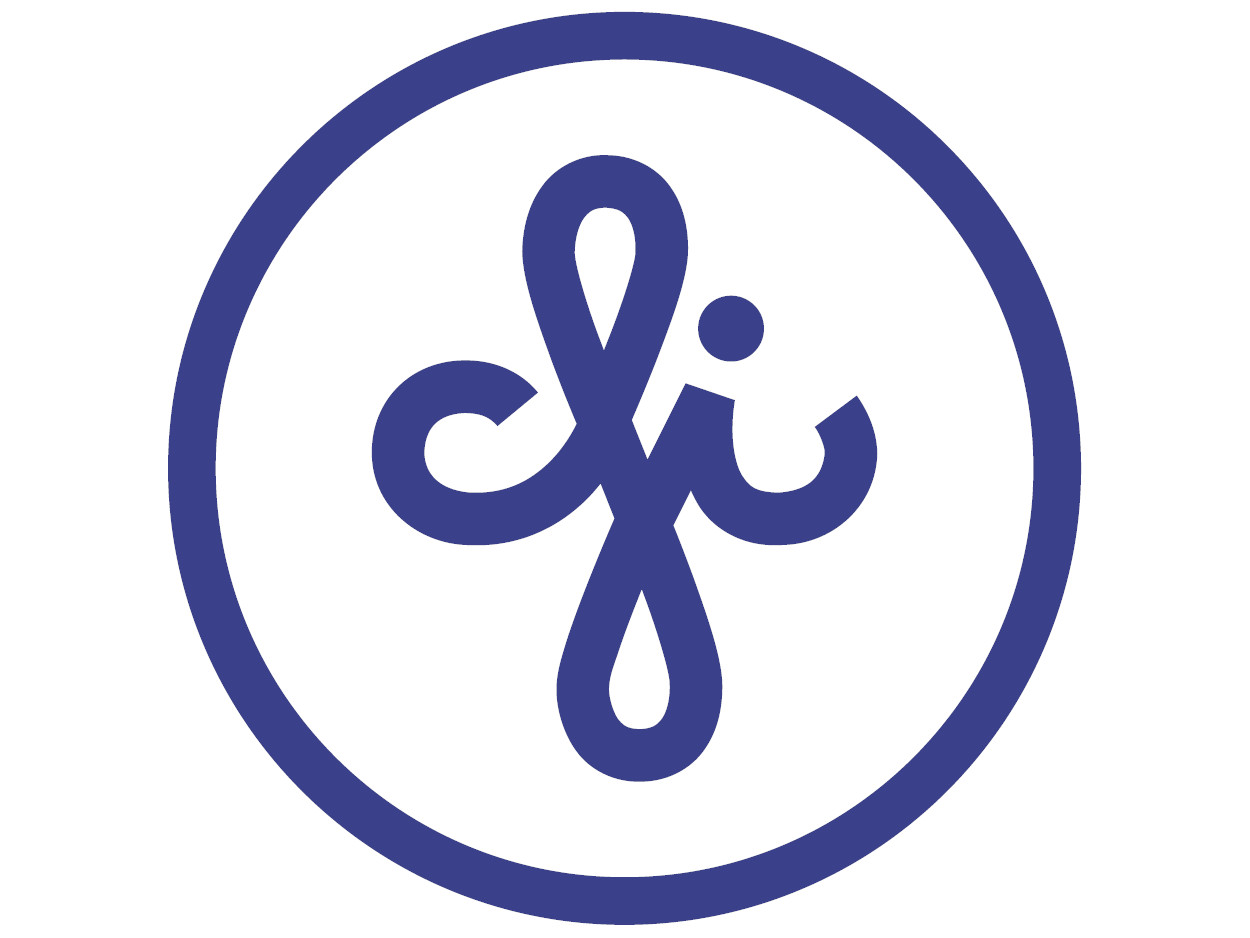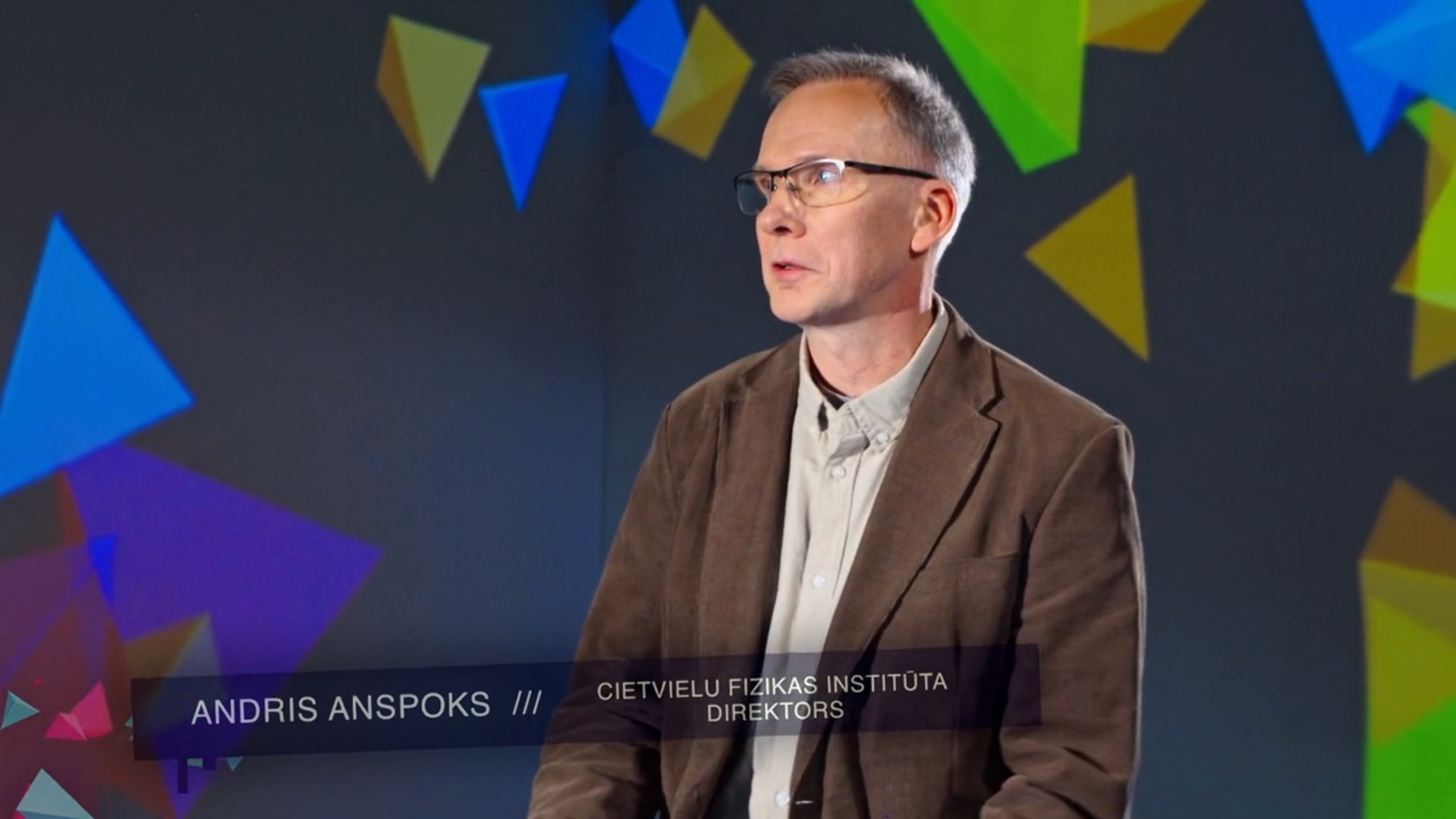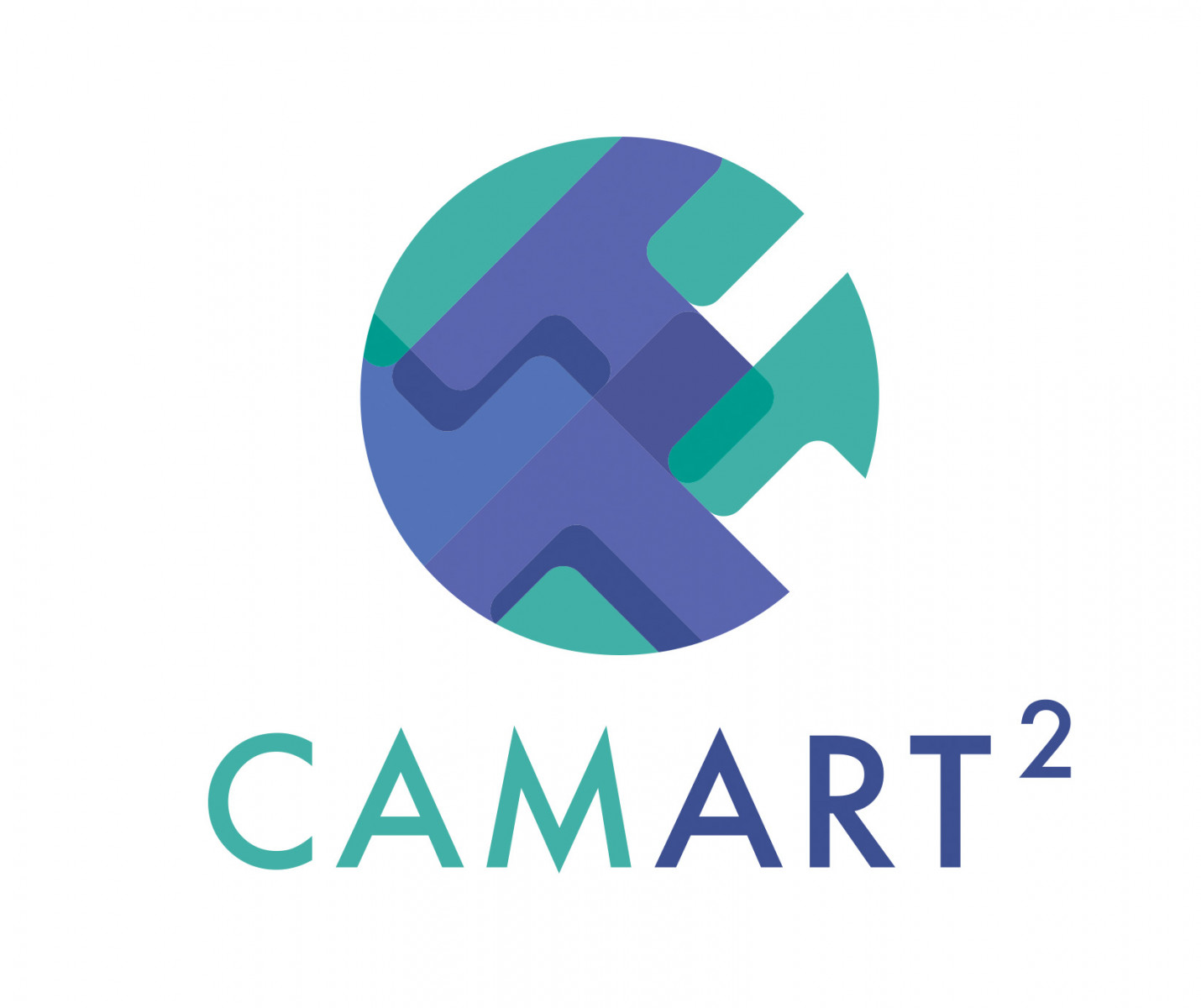Since 1992, April is recognized as the stress awareness month. Considering the negative impact stress has on every aspect of life, representatives from different CAMART2 work packages participated in a webinar “Stress Management for a better life”, which was organized and led by the Head of the RTU Institute of Humanities, Asoc. prof. Dr. psych. Airisa Šteinberga.
The webinar was organized in two parts. During the first, causes and types of stress were discussed followed by the test providing results on overall stress level of the participants. The second part of the webinar was devoted to characterization of different kinds of stresses and techniques applicable when one finds him/herself in a stressful situation.
While the short-term and light stress helps to mobilize, it even acts as a driver, the long-term stress has a negative effect on the mental and physical health of people. It worsens not only their ability to work productively, but also affects life expectancy - employees get tired faster, work more carelessly, make mistakes, get sick more and suffer from depression. The cost of work-related depression in Europe is estimated at around € 617 billion a year, according to a report by the European Agency for Safety and Health at Work entitled "Calculating the costs of work-related stress and psychosocial risks". This amount includes the costs of absenteeism, loss of productivity, health care, disability benefits. Another study by the agency across Europe “Psychosocial risks in Europe Prevalence and strategies for prevention” shows that stress is a major occupational safety and health problem in up to 80% of European companies, but only some of these companies or organizations have specific procedures in place to prevent work-related stress and a lack of skills and expertise.
The webinar was organized in two parts. During the first, causes and types of stress were discussed followed by the test providing results on overall stress level of the participants. The second part of the webinar was devoted to characterization of different kinds of stresses and techniques applicable when one finds him/herself in a stressful situation.
While the short-term and light stress helps to mobilize, it even acts as a driver, the long-term stress has a negative effect on the mental and physical health of people. It worsens not only their ability to work productively, but also affects life expectancy - employees get tired faster, work more carelessly, make mistakes, get sick more and suffer from depression. The cost of work-related depression in Europe is estimated at around € 617 billion a year, according to a report by the European Agency for Safety and Health at Work entitled "Calculating the costs of work-related stress and psychosocial risks". This amount includes the costs of absenteeism, loss of productivity, health care, disability benefits. Another study by the agency across Europe “Psychosocial risks in Europe Prevalence and strategies for prevention” shows that stress is a major occupational safety and health problem in up to 80% of European companies, but only some of these companies or organizations have specific procedures in place to prevent work-related stress and a lack of skills and expertise.



